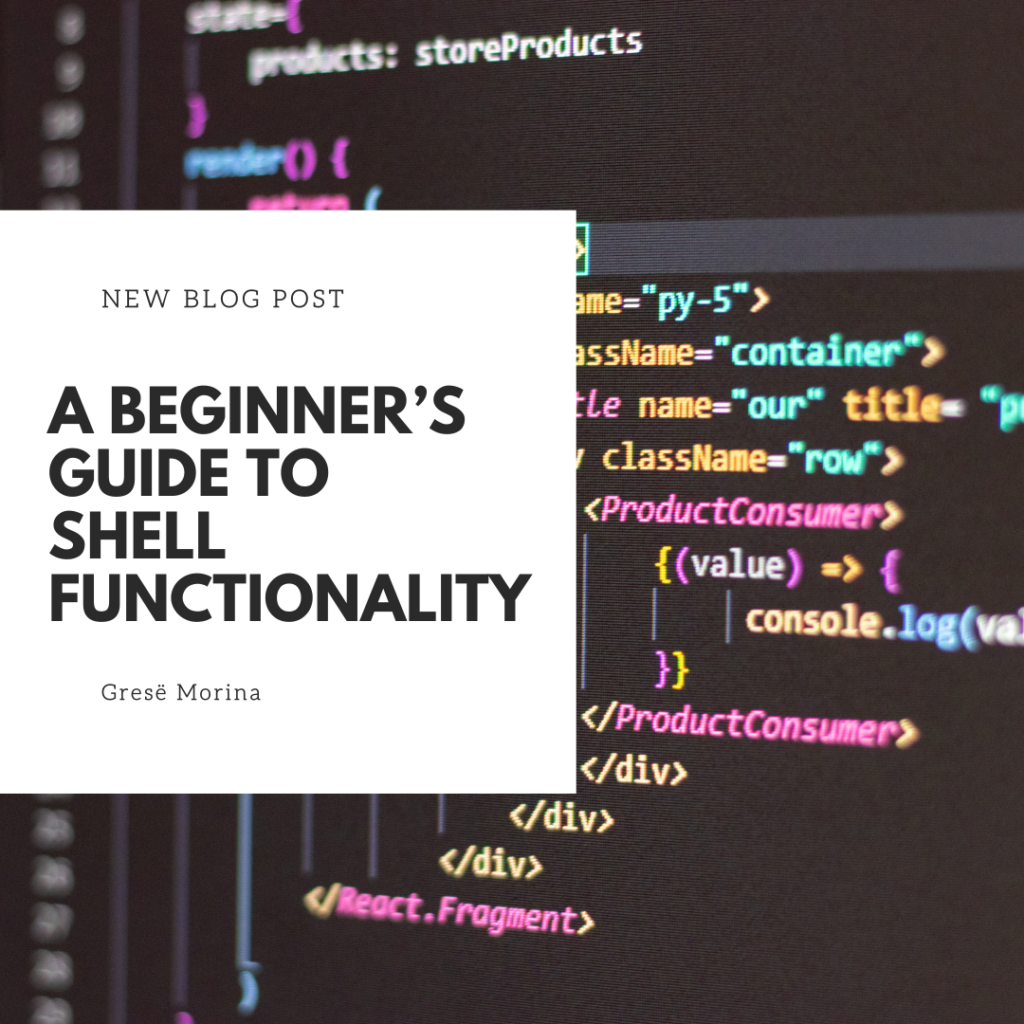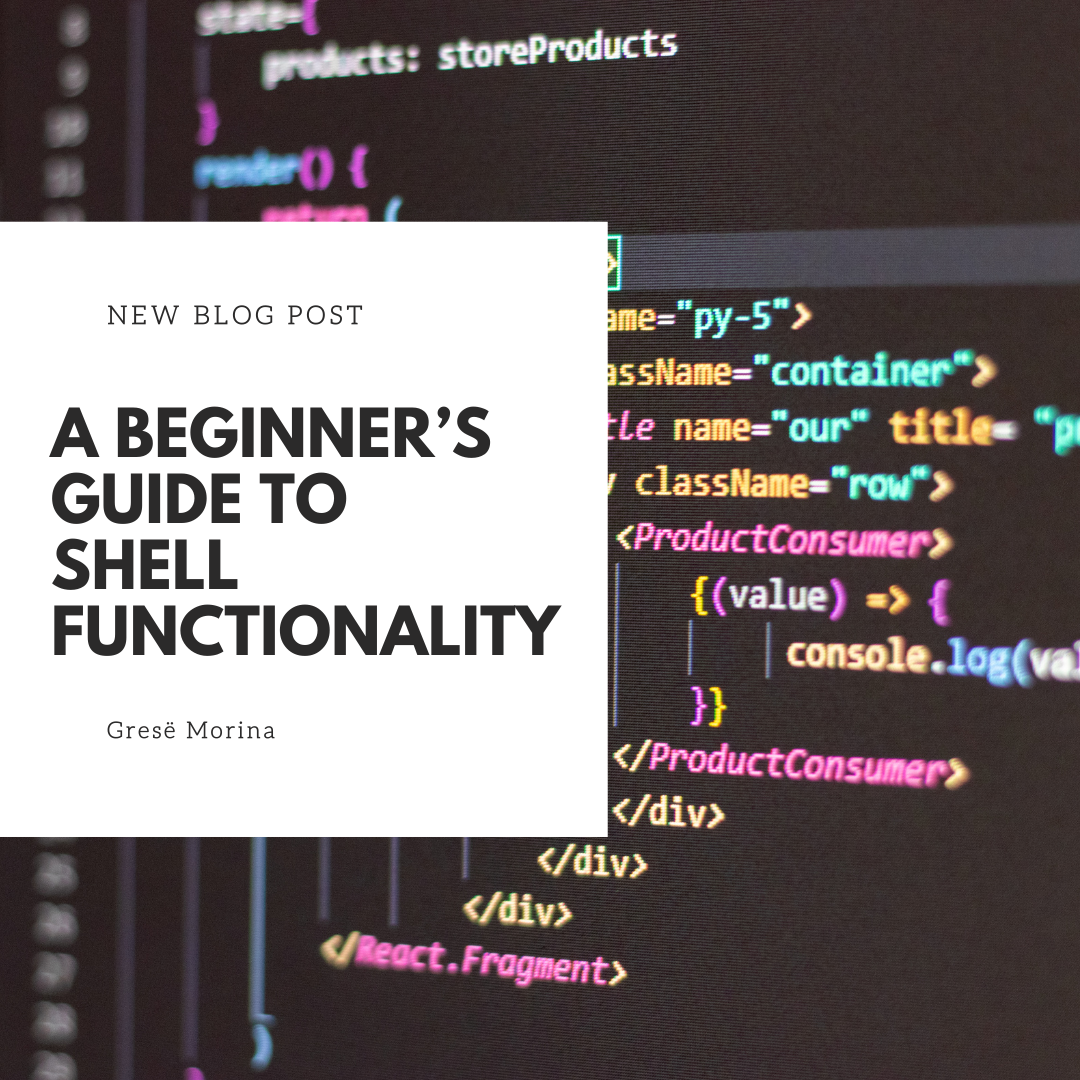
As I embark on the journey of writing a shell in C, I’ve come to realize that writing a shell in C involves understanding several key functions and features that make it effective. Here are some key functions that a shell must perform. While I’m sure there are some critical aspects I might have overlooked, this list captures the essentials:
Command Parsing: The shell must interpret the input provided by the user to distinguish between commands and their corresponding arguments. For example, in the command
ls -la LICENSE, the shell identifieslsas the command and-la LICENSEas the arguments.Command Expansion: The shell needs to expand wildcard characters. For instance,
ls *should be translated intols file1 file2 file3 ..., where it lists all files in the current directory.Pipes and Redirection: When executing commands like
ls | grep blah, the shell must facilitate the piping of output from one command (ls) into another (grep). Additionally, it must handle redirection, allowing output to be sent to files or other processes.Signal Handling: The shell should manage signals sent to processes. For example, pressing
Ctrl+Csends an interrupt signal to the currently running process. Although I am still working to fully understand this aspect, it is a crucial part of process management.Process Management: The shell must support job control, allowing users to background and foreground processes using commands like
Ctrl+Z,fg, andbg.Shell Scripting: The shell should enable users to create scripts, including control structures such as loops and conditionals.
Additional Considerations
One important function that a shell does not handle directly is determining which command to execute using the $PATH environment variable. This task is typically managed by the exec family of functions.









